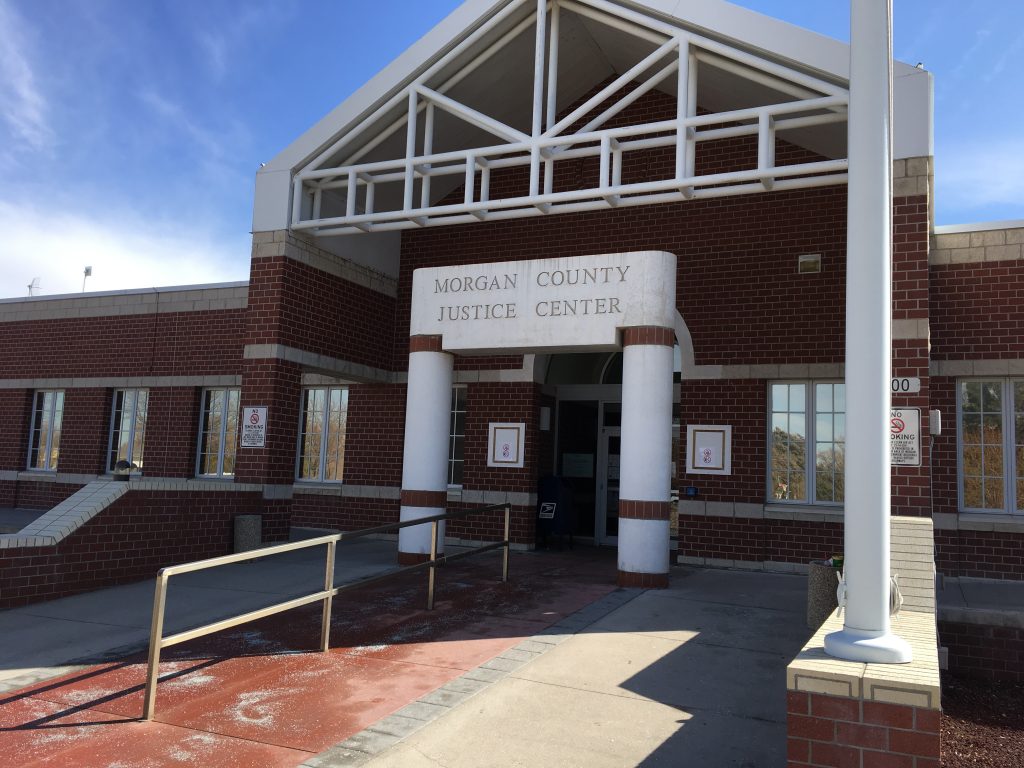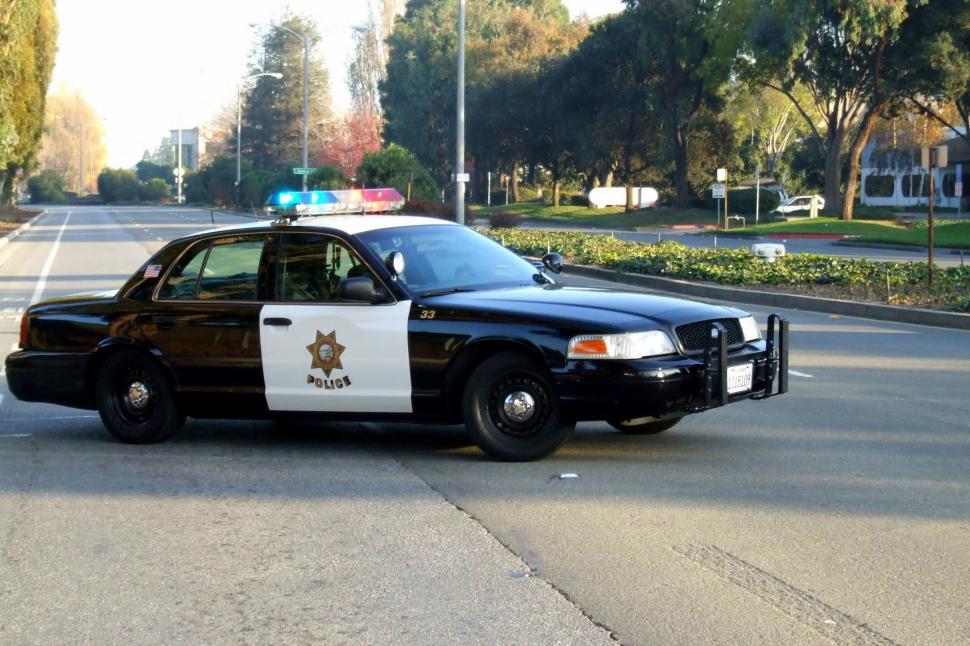 Probation revocations hearing in county courts in Colorado for DUI and DWAI offenses are typically based upon an alleged new law violation or a “technical violation”. A new law violation means that the person on probation has been charged (or convicted) of a new offense while on probation. Standard terms and conditions of probation typically include not receiving any new criminal offenses while on probation. A new law violation must be proved beyond a reasonable doubt. Often times probation will file a probation revocation complaint simply based upon a person being charged with a new law violation. In this case, the Court should “trail” (continue) the probation revocation complaint until after the new law violation case has been resolved. A probationer should not “admit” to a probation revocation complaint based upon a new law violation while the new law violation case is still pending.
Probation revocations hearing in county courts in Colorado for DUI and DWAI offenses are typically based upon an alleged new law violation or a “technical violation”. A new law violation means that the person on probation has been charged (or convicted) of a new offense while on probation. Standard terms and conditions of probation typically include not receiving any new criminal offenses while on probation. A new law violation must be proved beyond a reasonable doubt. Often times probation will file a probation revocation complaint simply based upon a person being charged with a new law violation. In this case, the Court should “trail” (continue) the probation revocation complaint until after the new law violation case has been resolved. A probationer should not “admit” to a probation revocation complaint based upon a new law violation while the new law violation case is still pending.
A technical violation, on the other hand, includes violations such as not complying with monitored sobriety (hot UA’s, missed UA’s, dillute UA’s). Other technical violations may include missing appointments or check-ins with probation, missing Level II alcohol classes (or not enrolling), being discharged from Level II classes, traveling outside of Colorado without permission, not completing community service hours, not paying fines and costs, not completing the MADD victim impact panel, as well as other possible technical violations.
Technical violations must be proven by a preponderance of the evidence (a civil standard). Technical violations are not required to be proven beyond a reasonable doubt. Probationers have the right to be released on bond during DUI and DWAI probation revocations. Other rights of probationers include the right to an attorney, the right to remain silent, the right to know the alleged violations (i.e. to receive a copy of the complaint), and that any admission must be voluntary and not the result of undue influence or coercion. Probation violation proceedings in DUI cases tend to move very quickly, especially if a probationer has been arrested and released on bond for a probation revocation complaint. Often times, the Court will request an admission or denial immediately at the bond return date, which does not permit much time for the probationer or defense counsel to investigate and prepare the matter. If an admission is entered, often times the probationer will be immediately sentenced that same day, however it is possible in some cases for the matter to be continued for sentencing at the discretion of the Court. Depending upon which county court division the case is assigned to, if a denial is entered the matter might be set as quickly as 7 days.
If a denial is entered, the matter will proceed to hearing where the probationer has the right to confront and cross-examine witnesses against her, testify if she chooses to, receive a copy of the alleged violations and evidence against her, and have a judge determine whether or not probation was violated by a preponderance of the evidence. A probationer is not entitled to a jury trial on the complaint.
If the probationer remains in custody on the complaint, the hearing must be held within 14 days. This 14 day limitation also applies in situations where a probationer is arrested by her probation officer. In that event, the hearing must take place within 14 days of the filing of the complaint. A probation revocation complaint must be filed before the expiration of probation, otherwise the Court loses jurisdiction in the matter.
If the violation is proven (or violations), the probationer will be resentenced either to probation (typically with a punitive sanction if granted) or to a jail sentence. If probation is granted, the old probation sentence is revoked and a new probation sentence is granted. If the probation is not regranted, then probation is revoked and the matter is closed with a jail sentence. The Court may sentence the person to any sentence available at the time of the original sentencing.
If a complaint contains both technical violations and a new law violation, the Court may not wish to trail the matter until resolution of the new law violation. In this case, the Court may request an admission or denial simply on the technical violations in the complaint and then proceed accordingly.
 Denver DUI Attorney Blog
Denver DUI Attorney Blog










